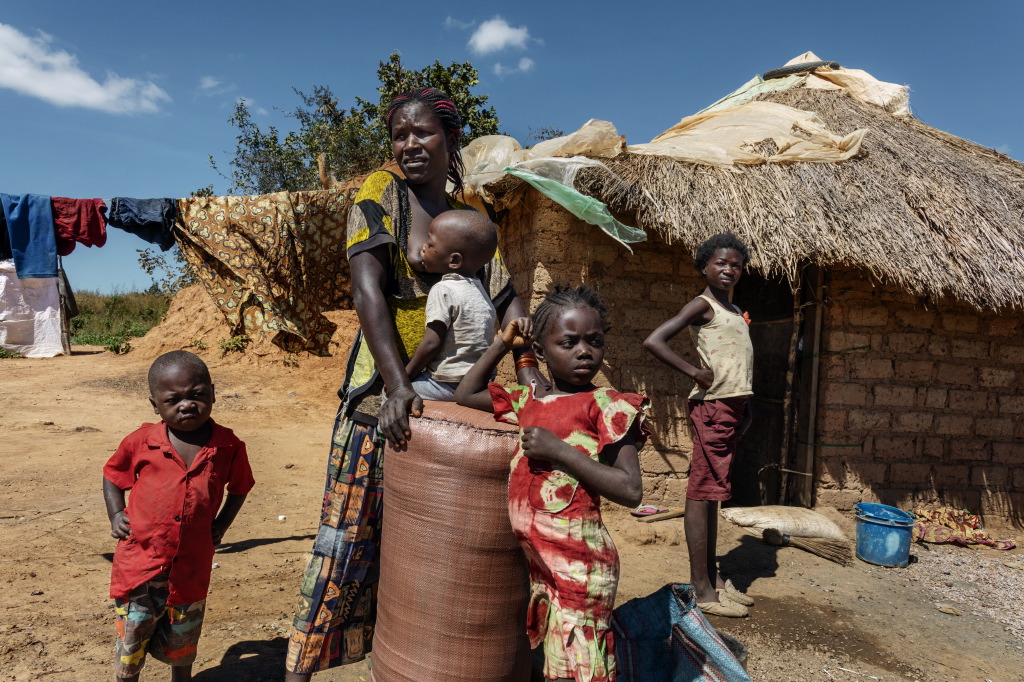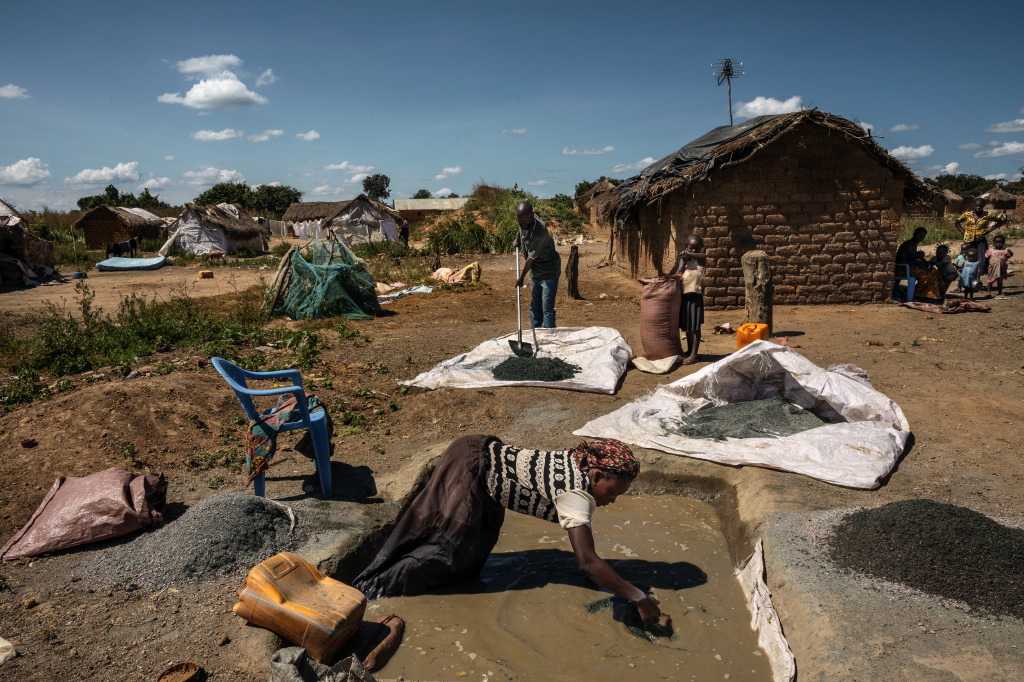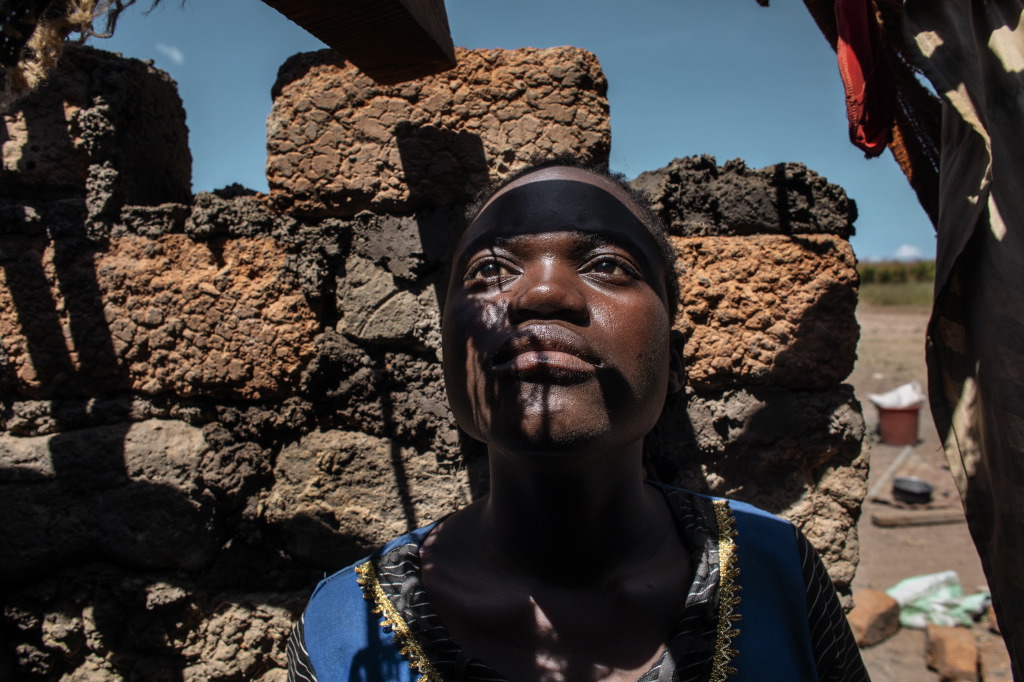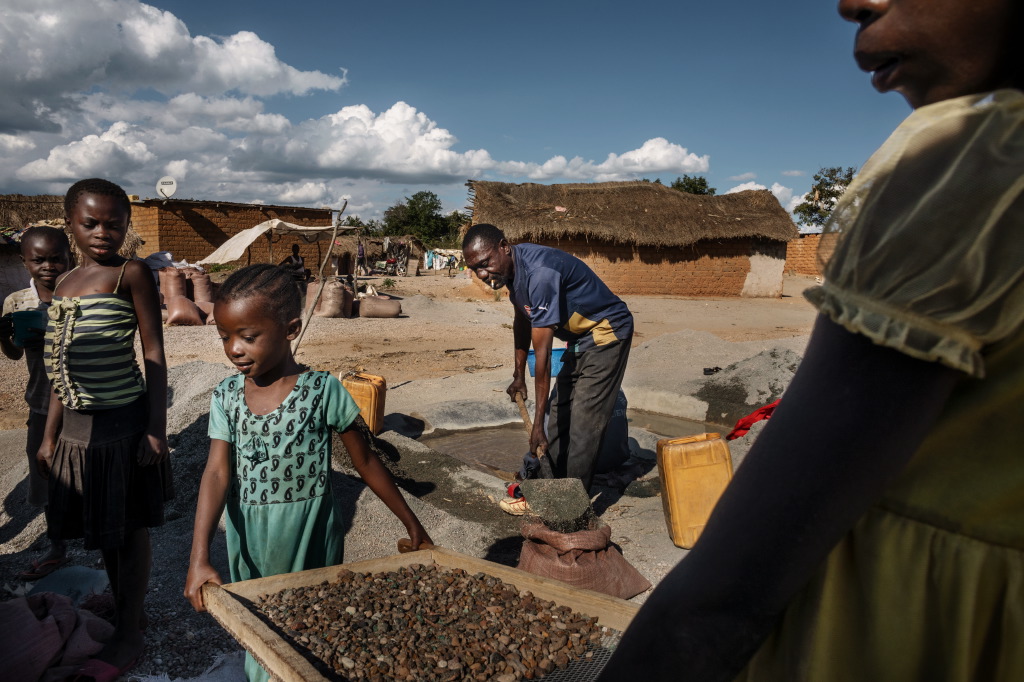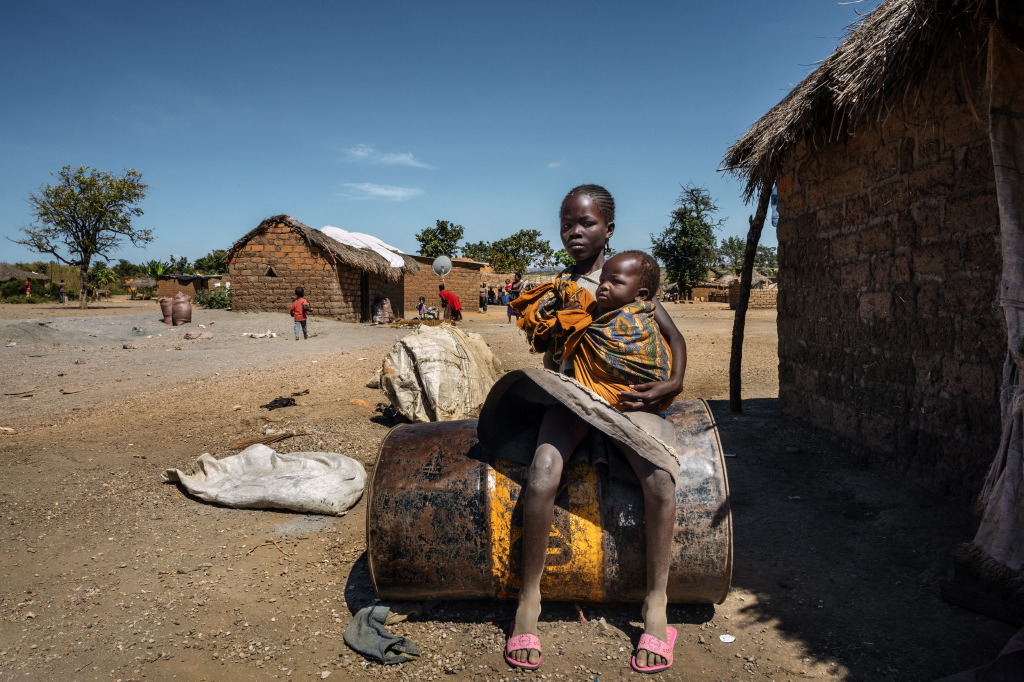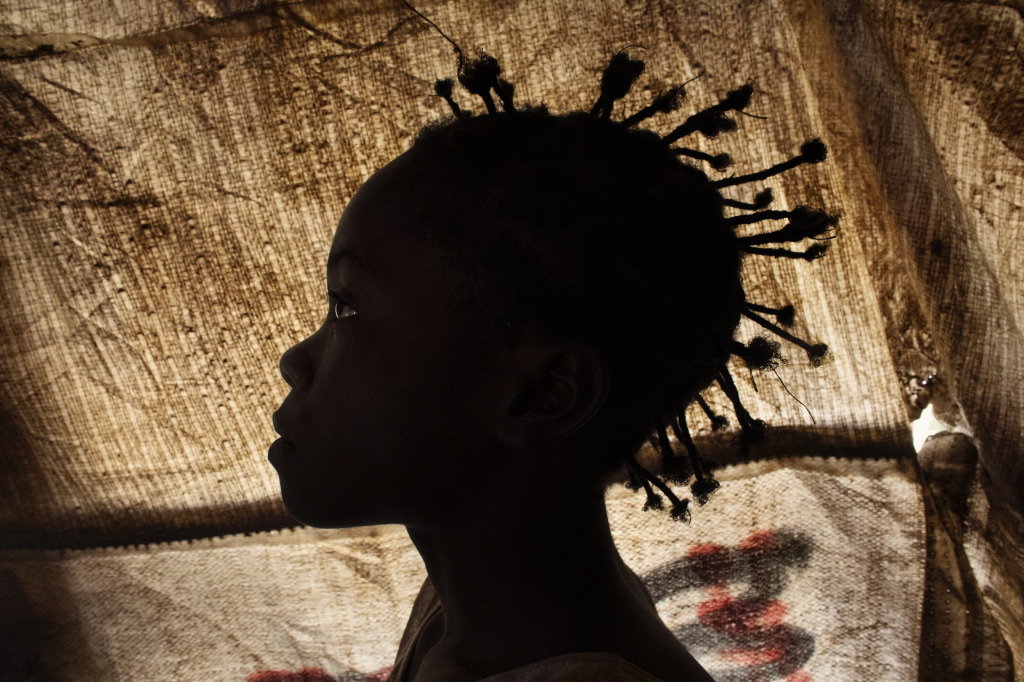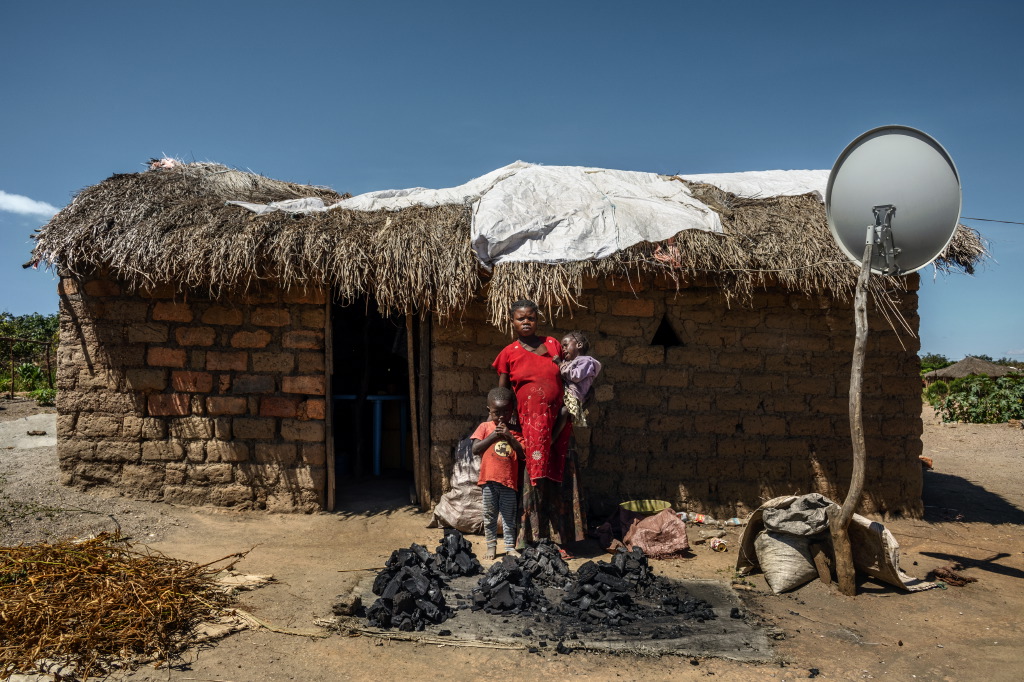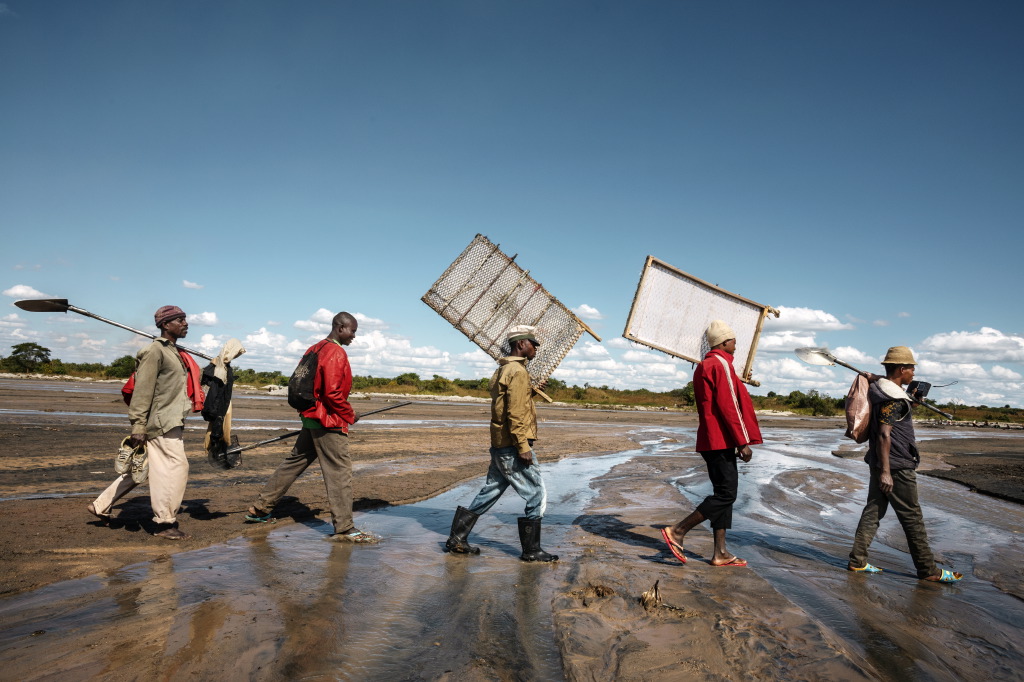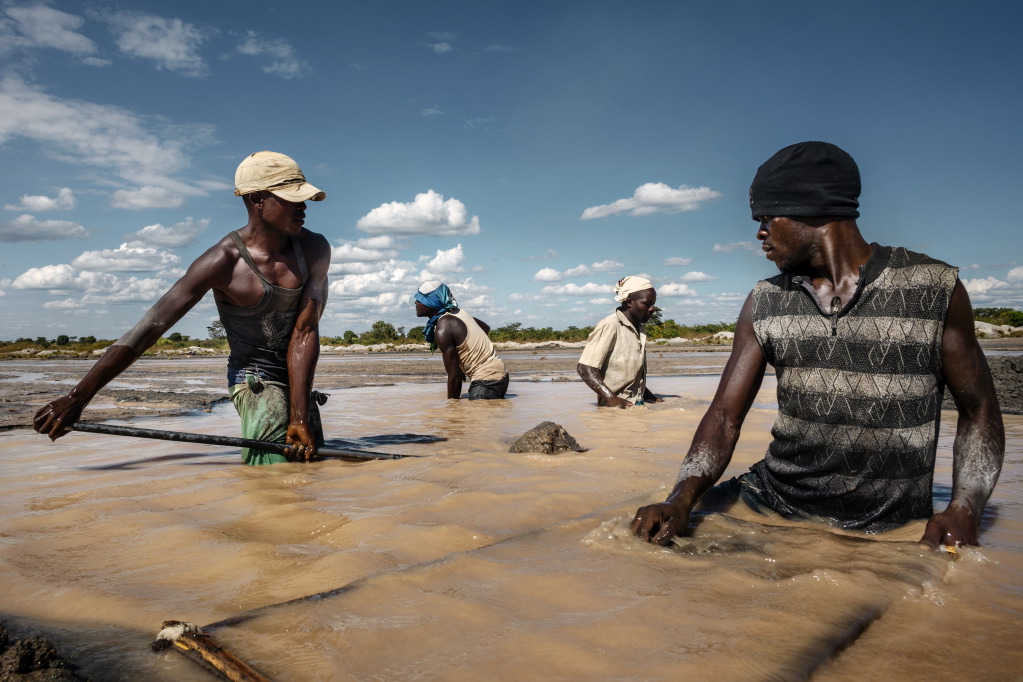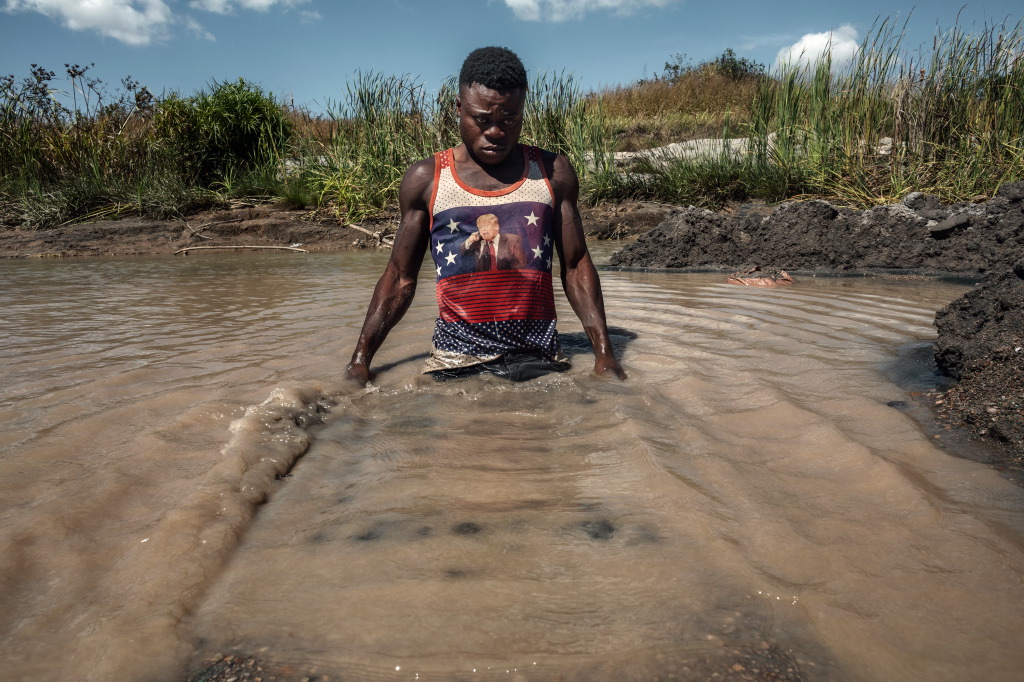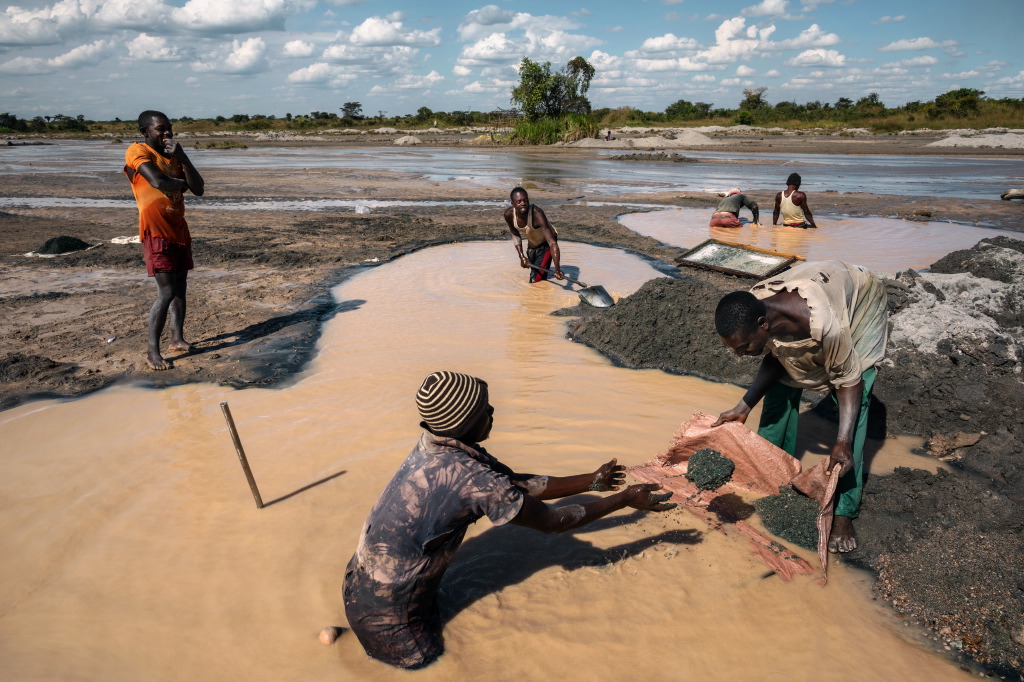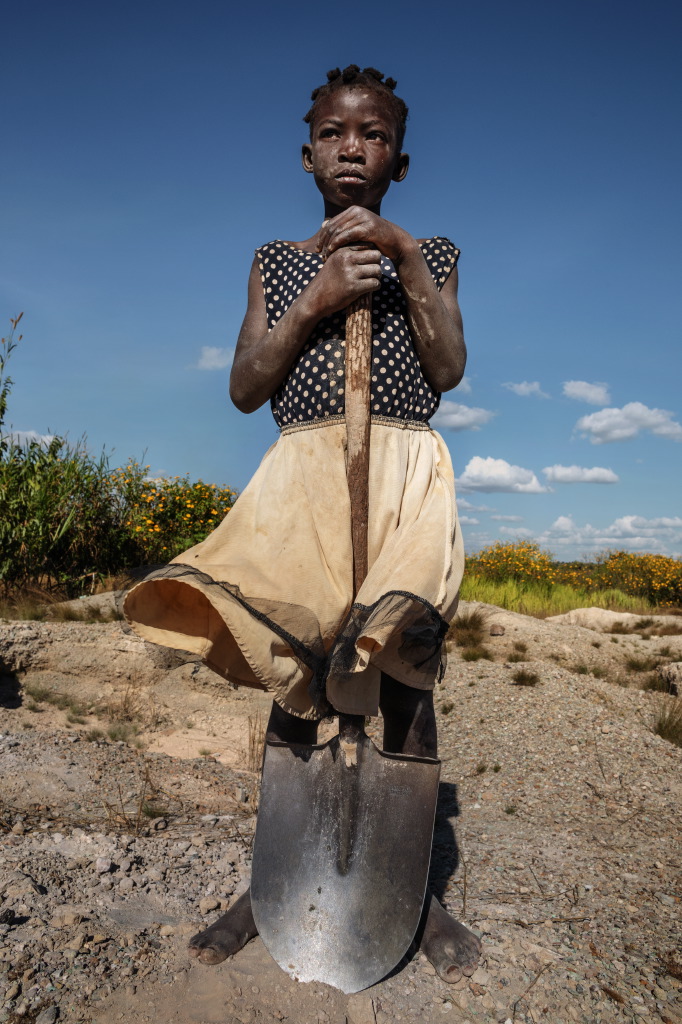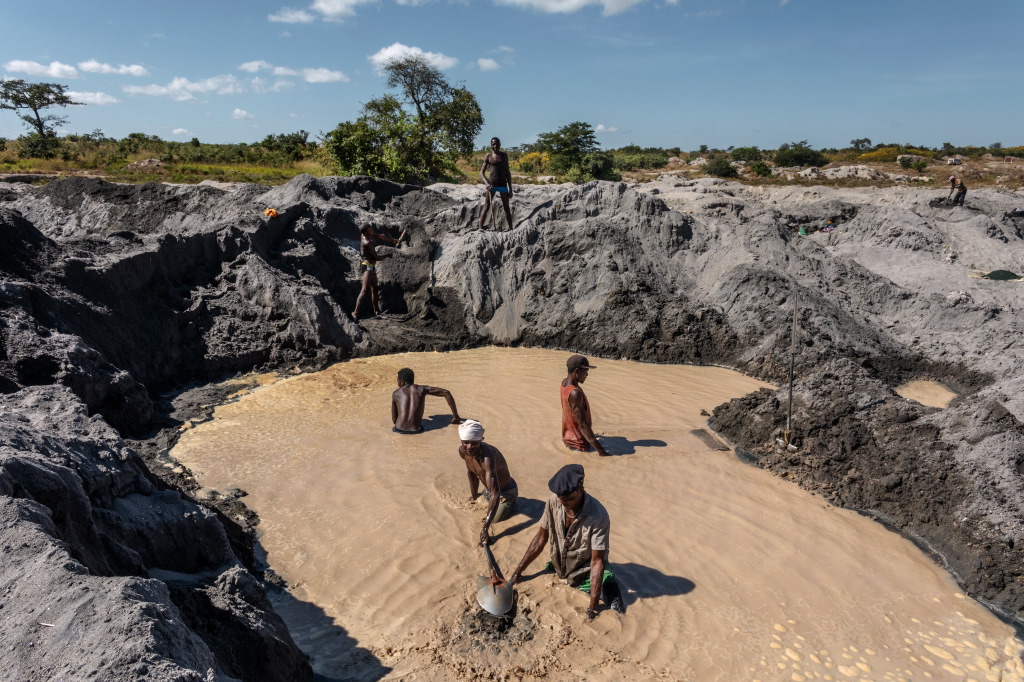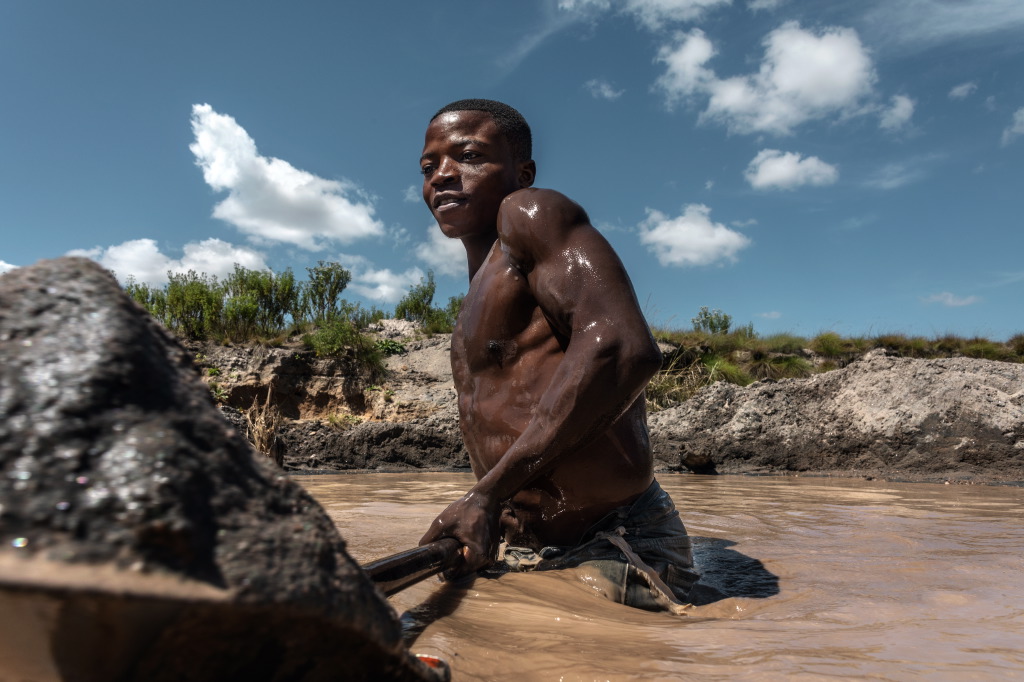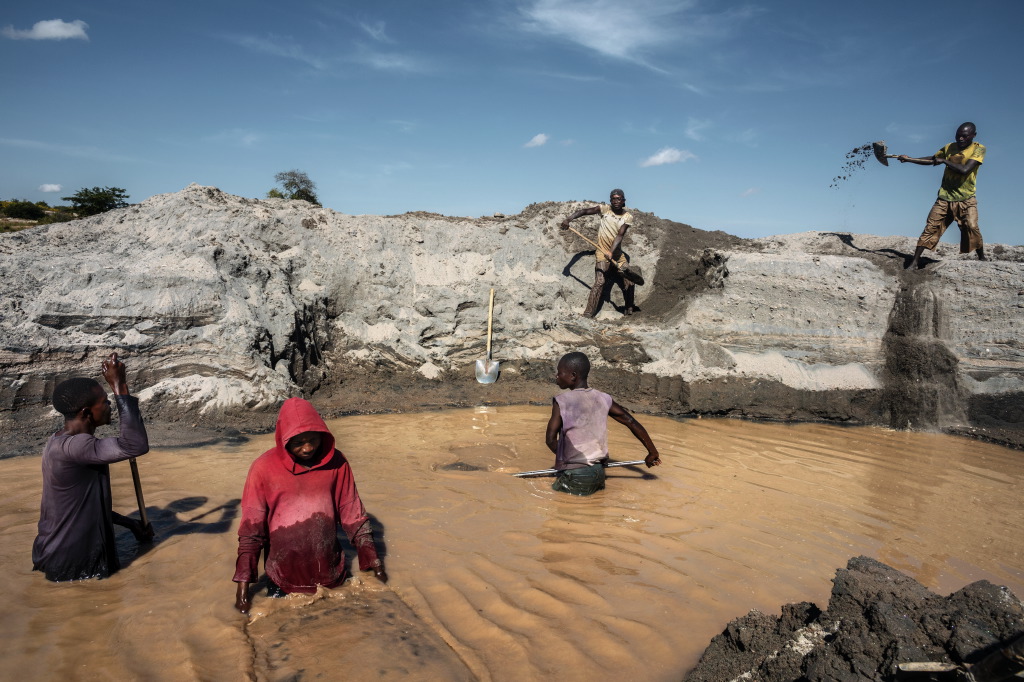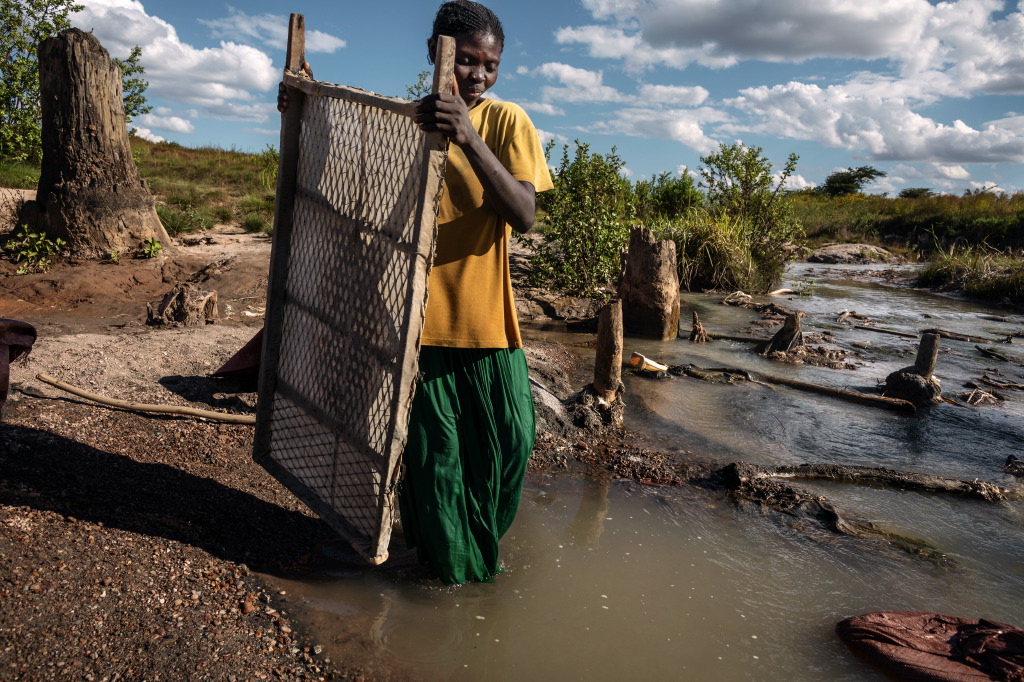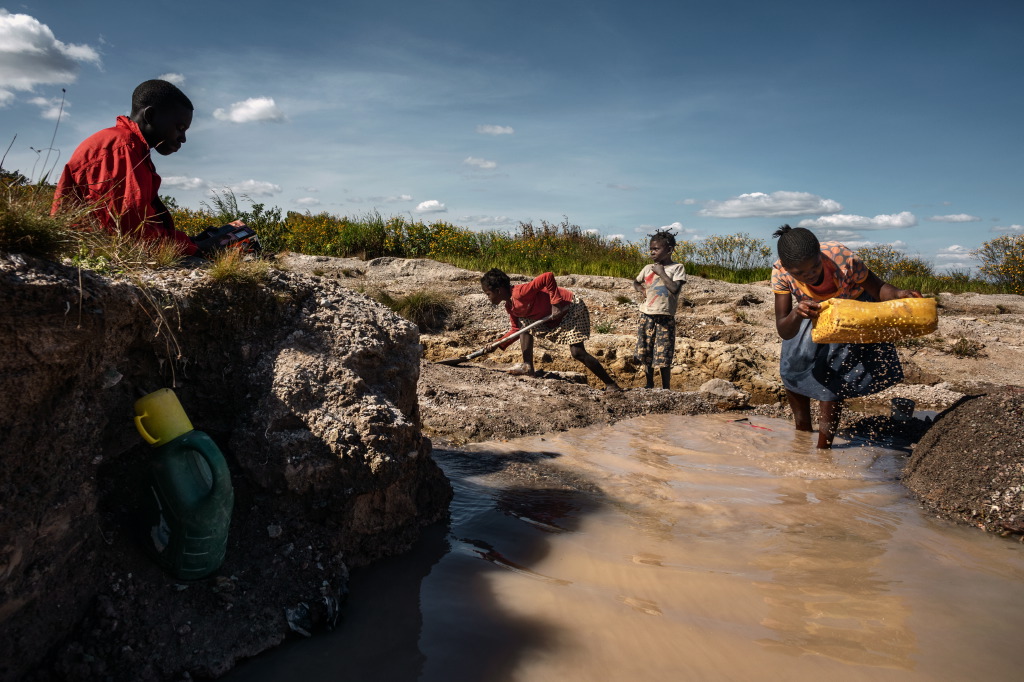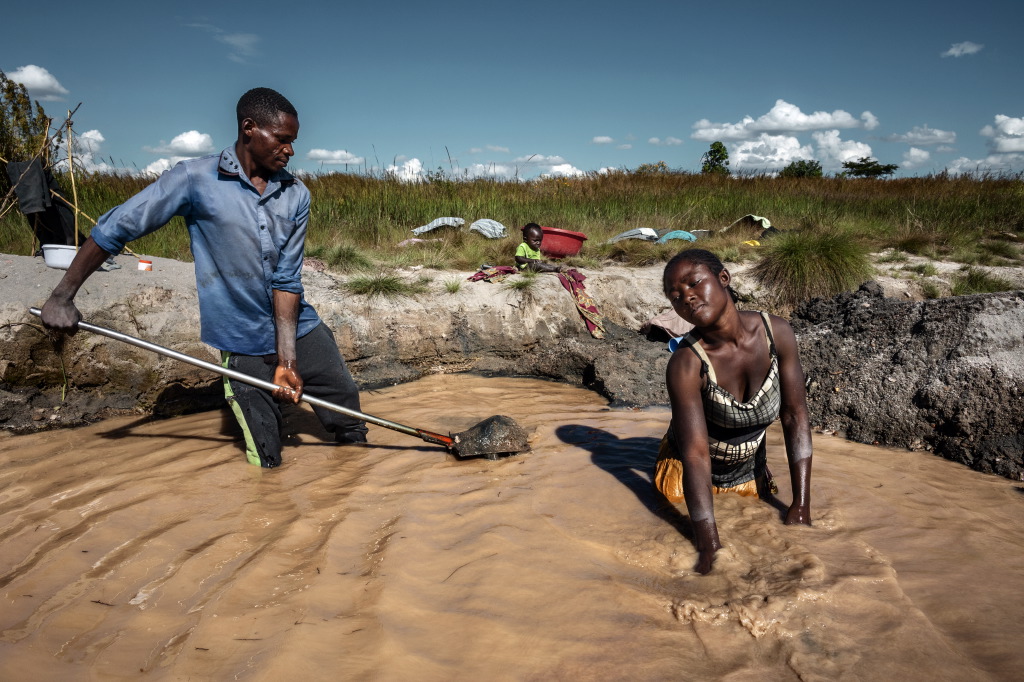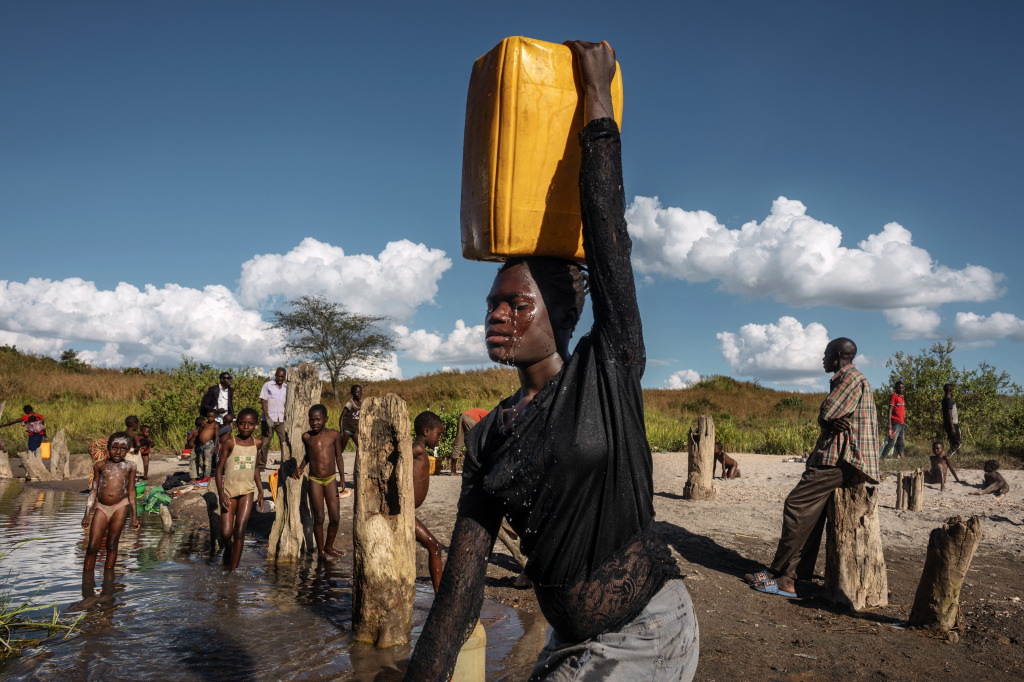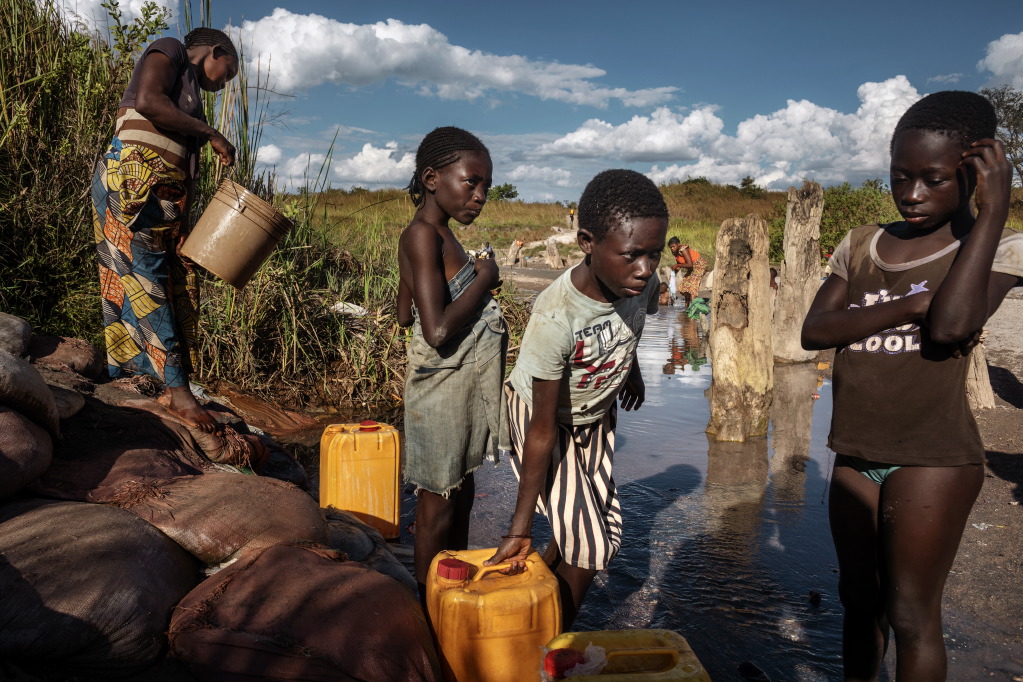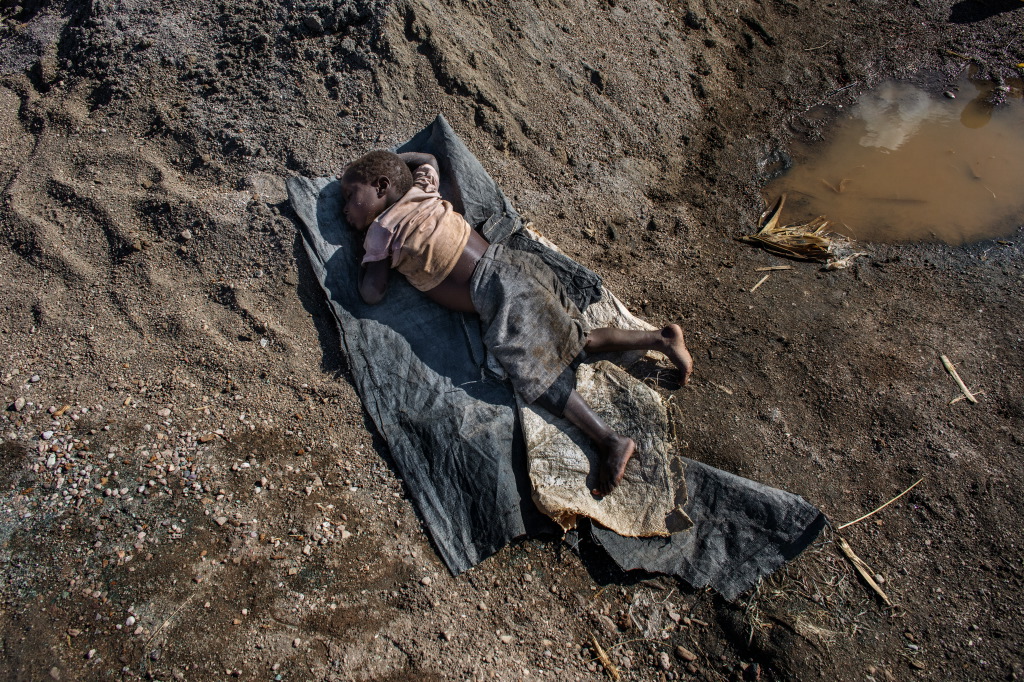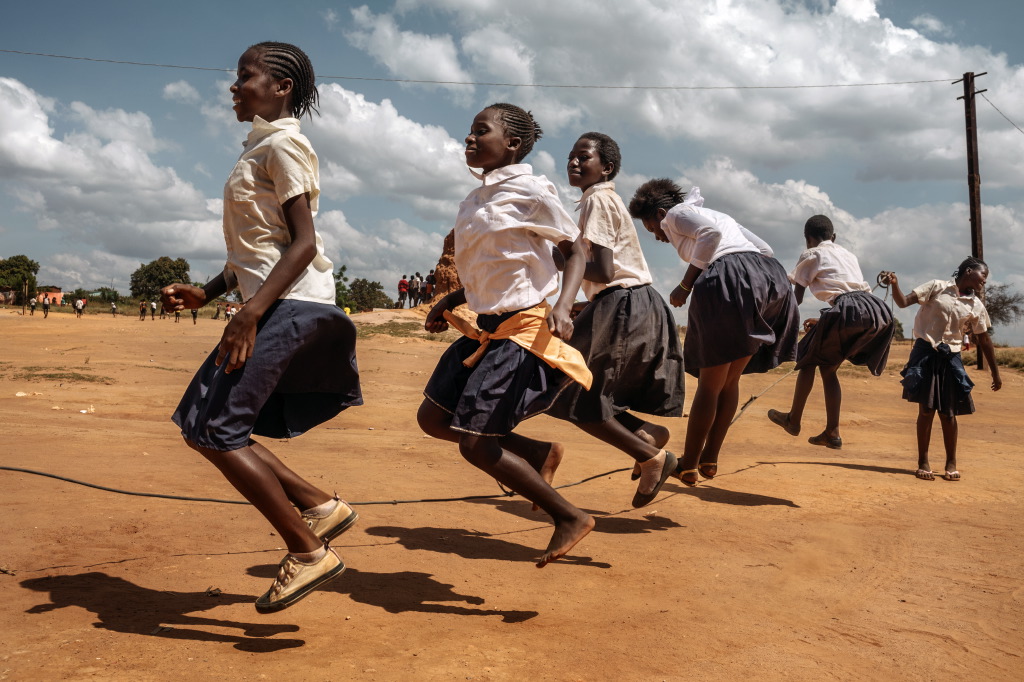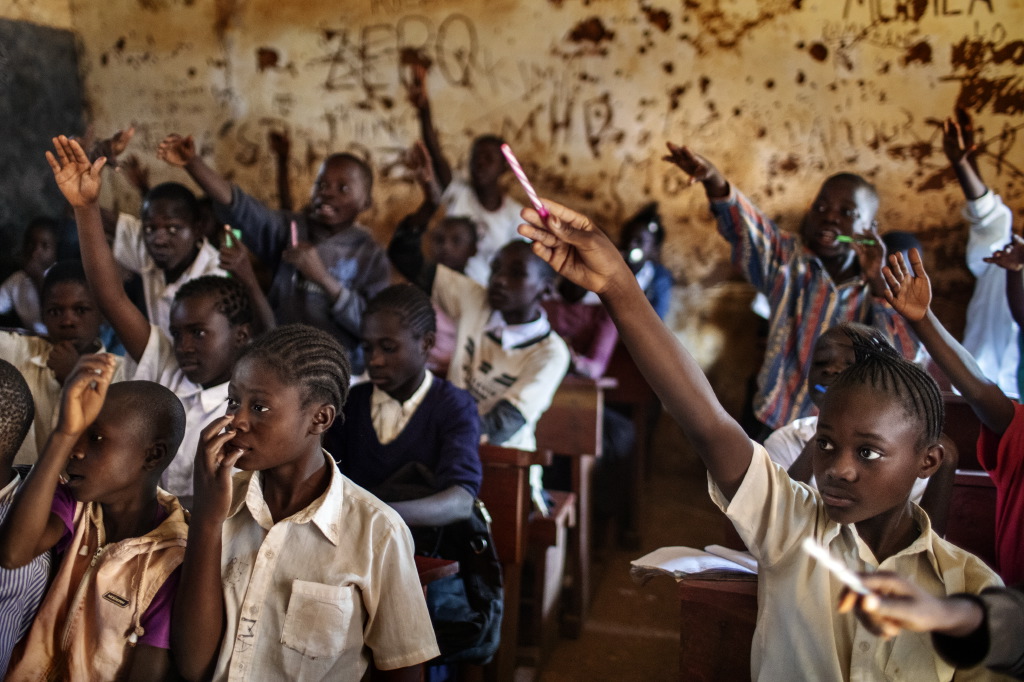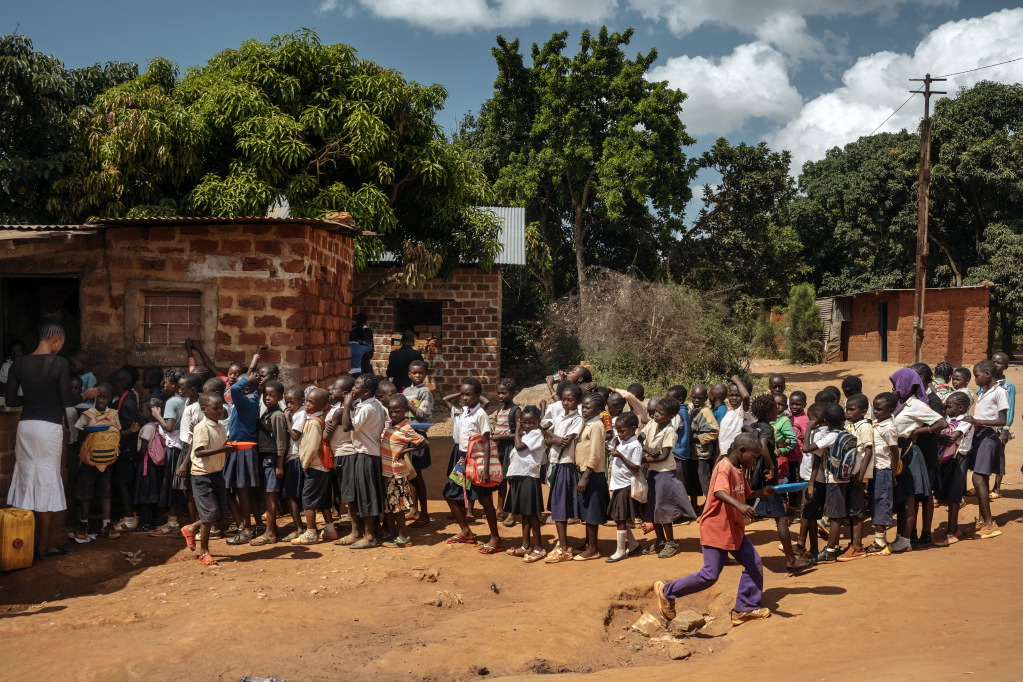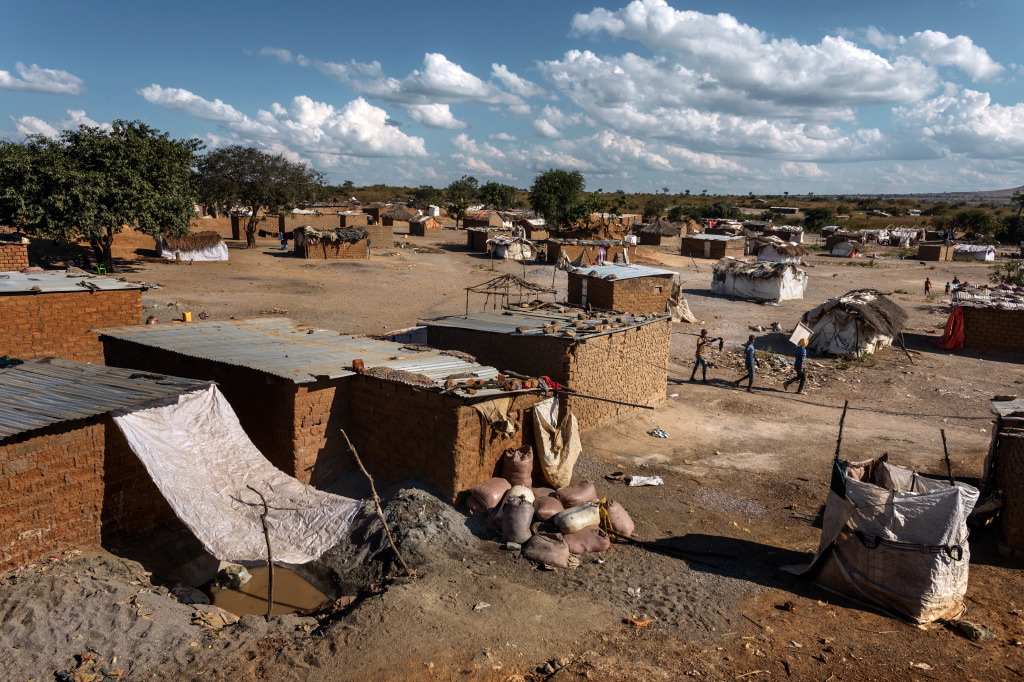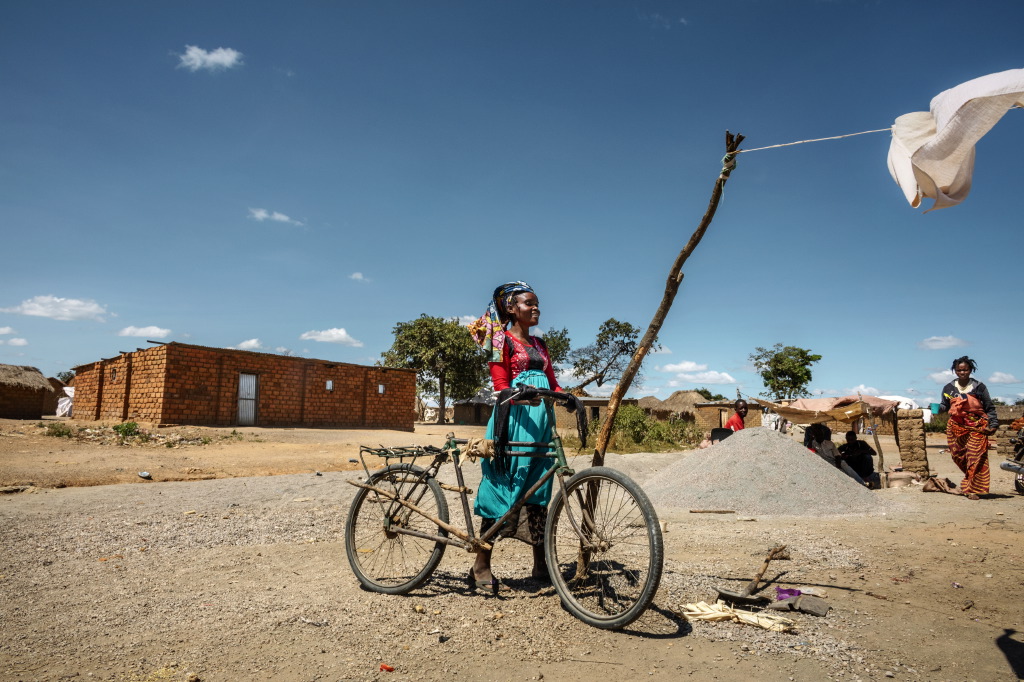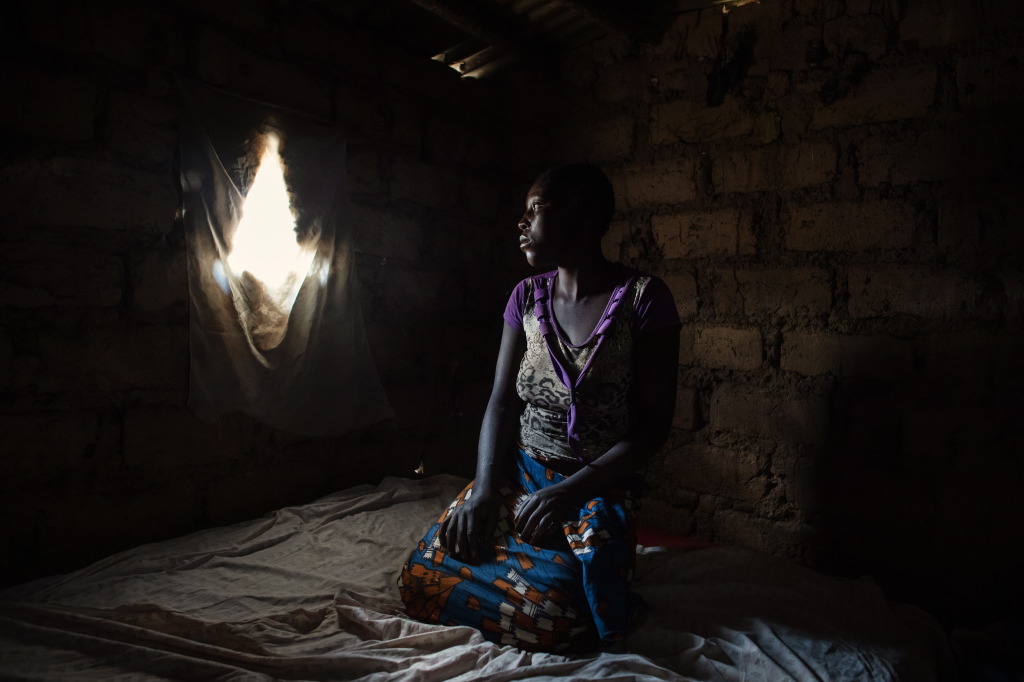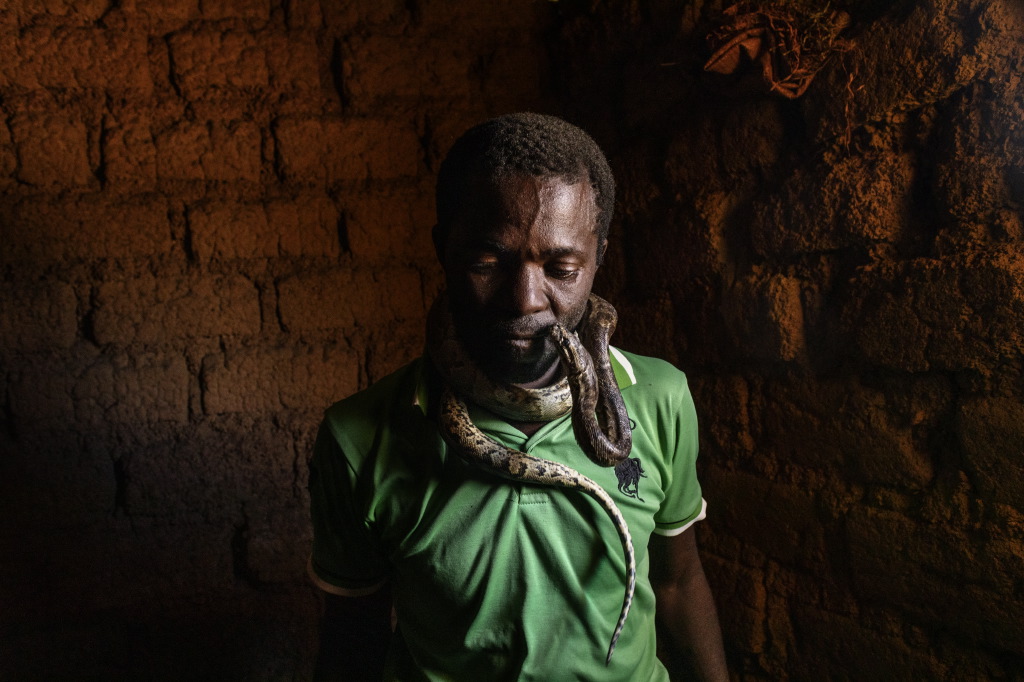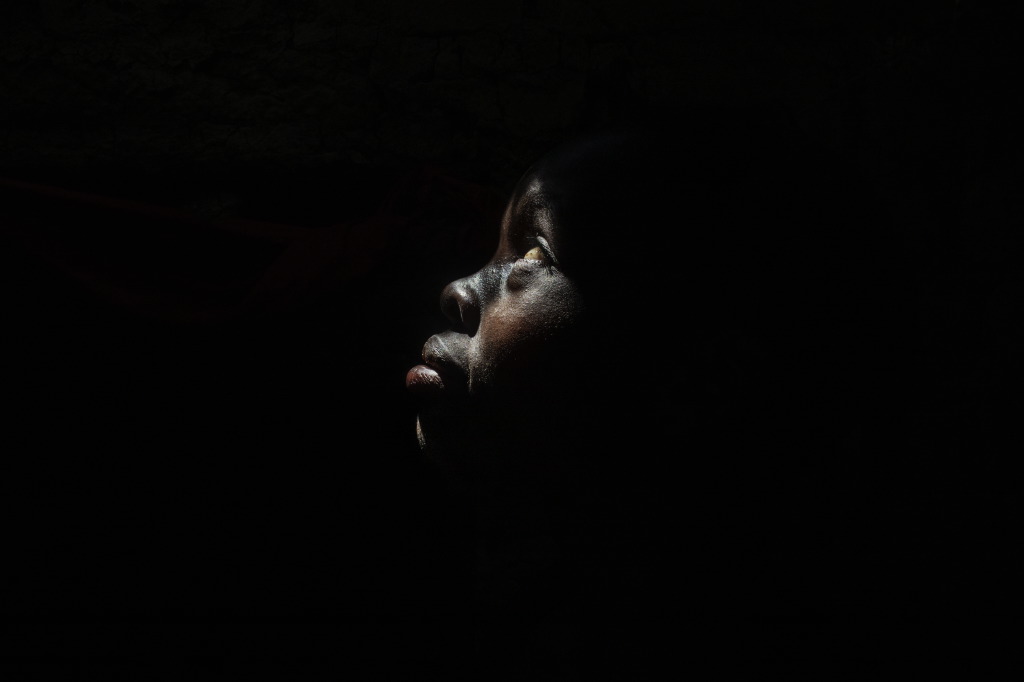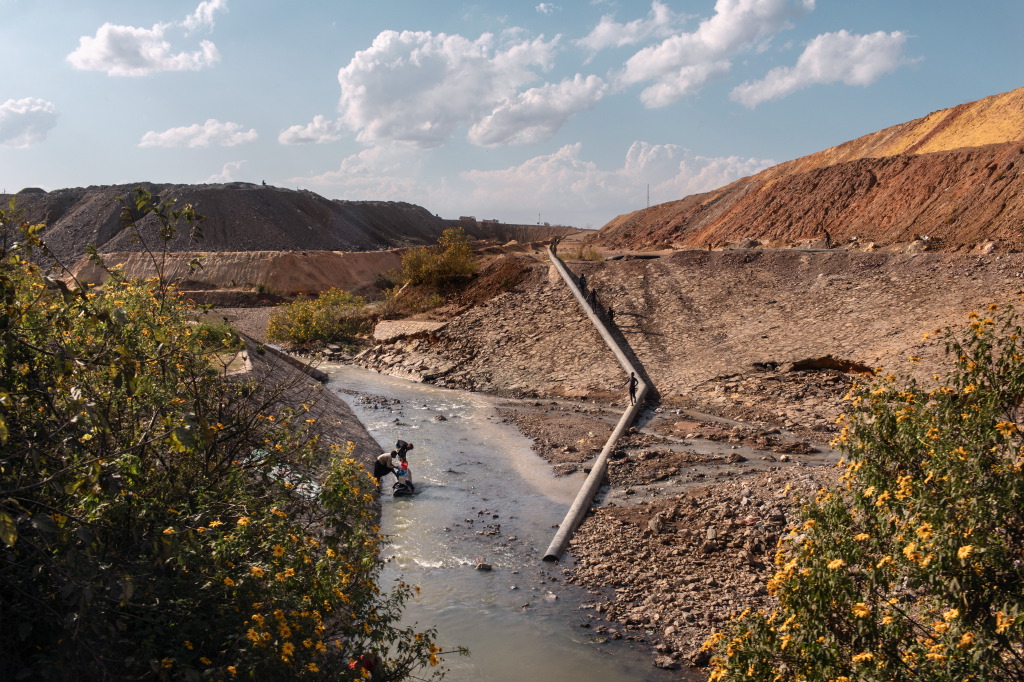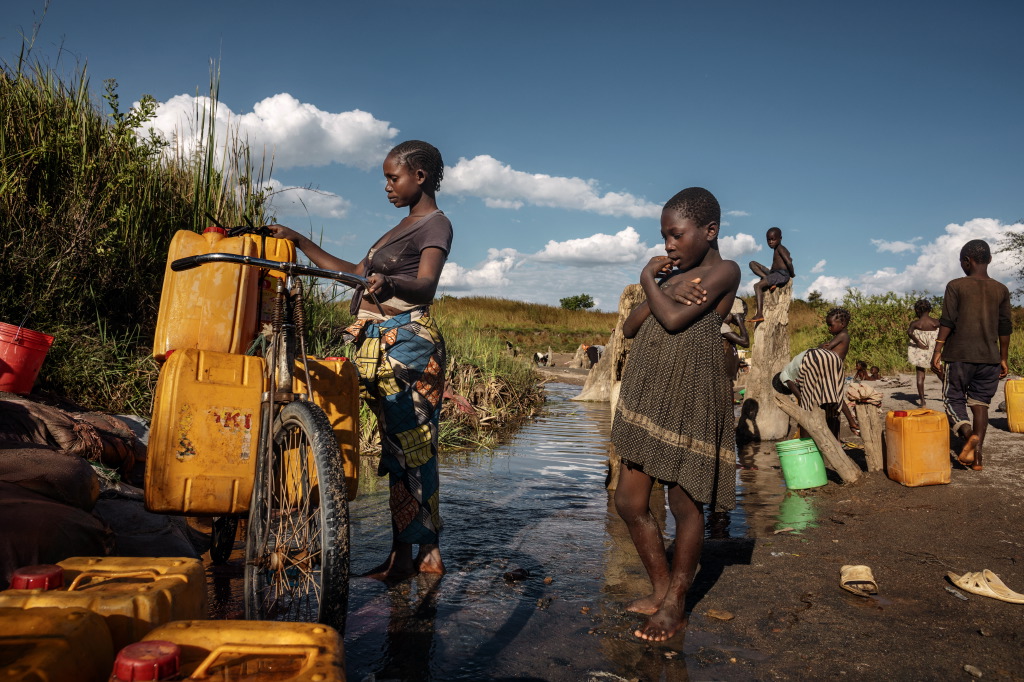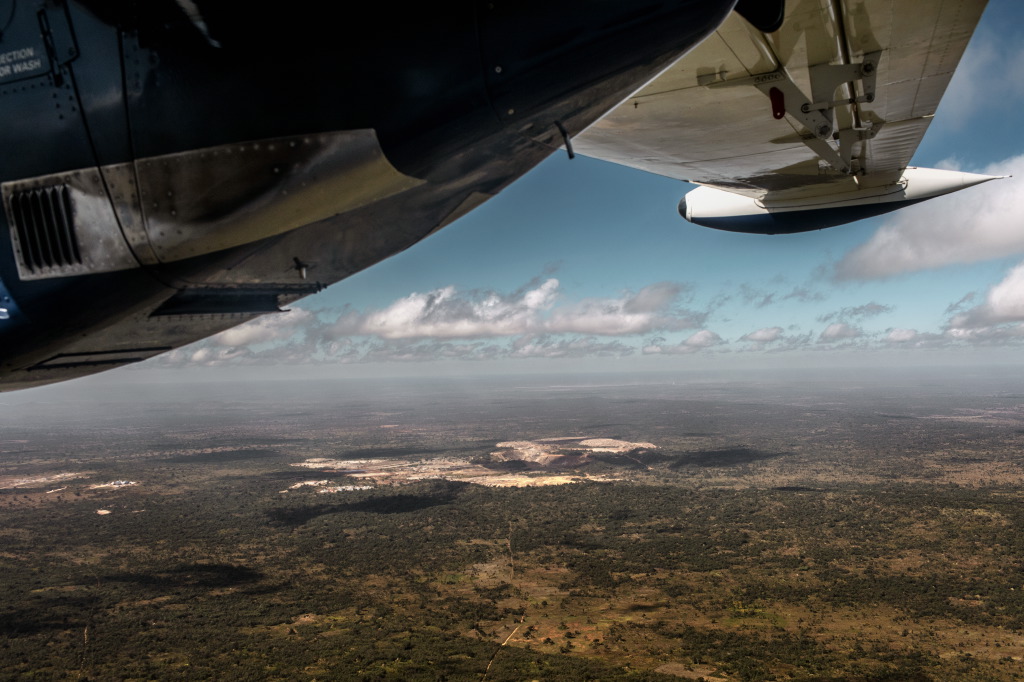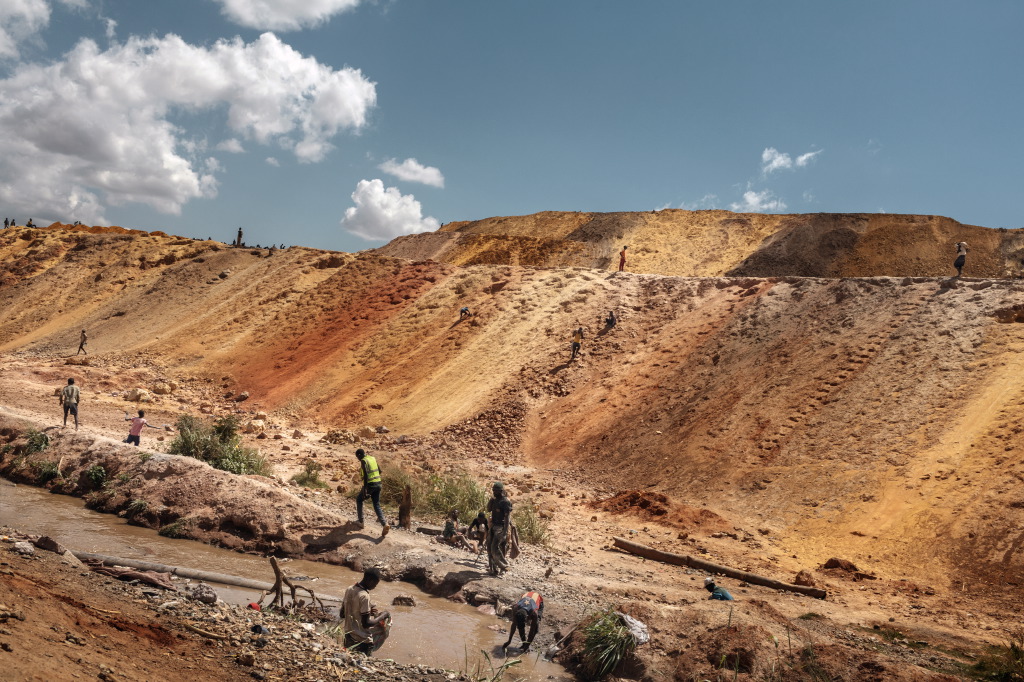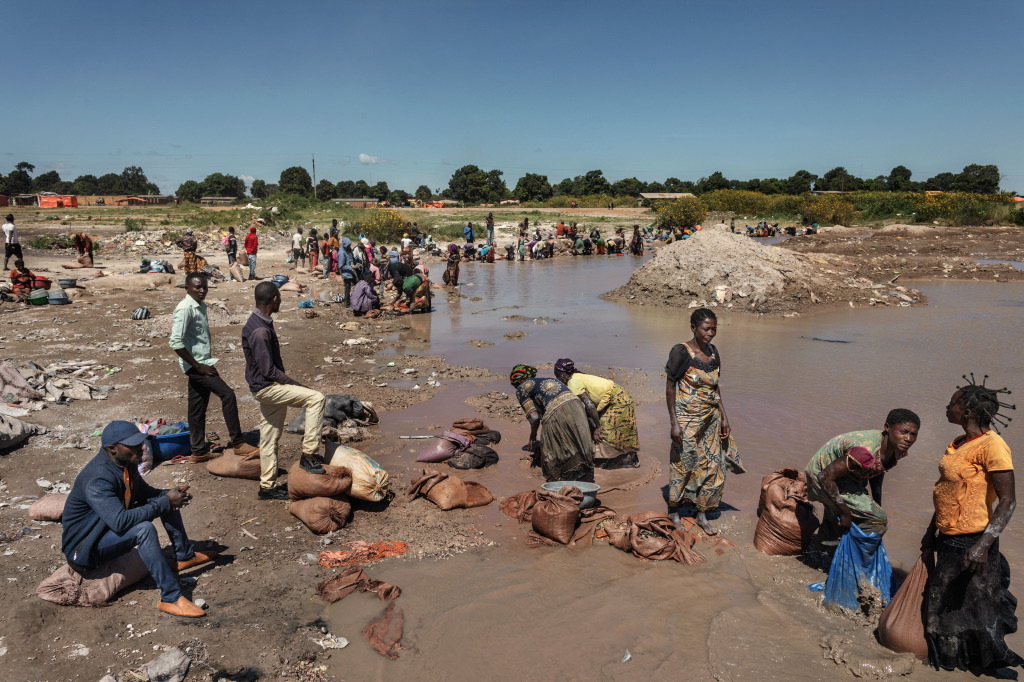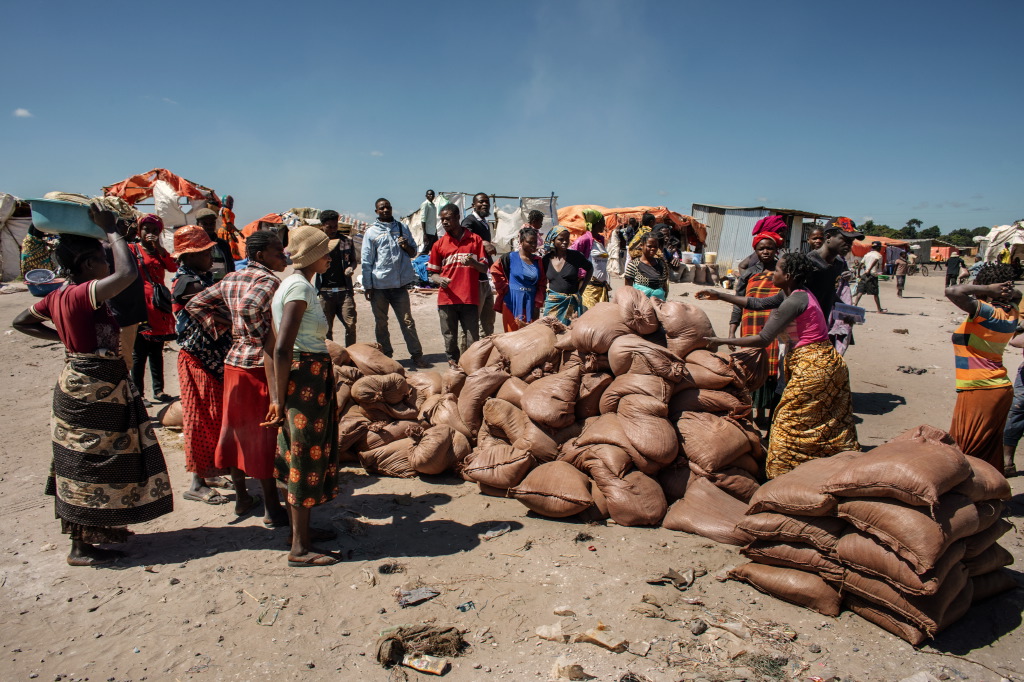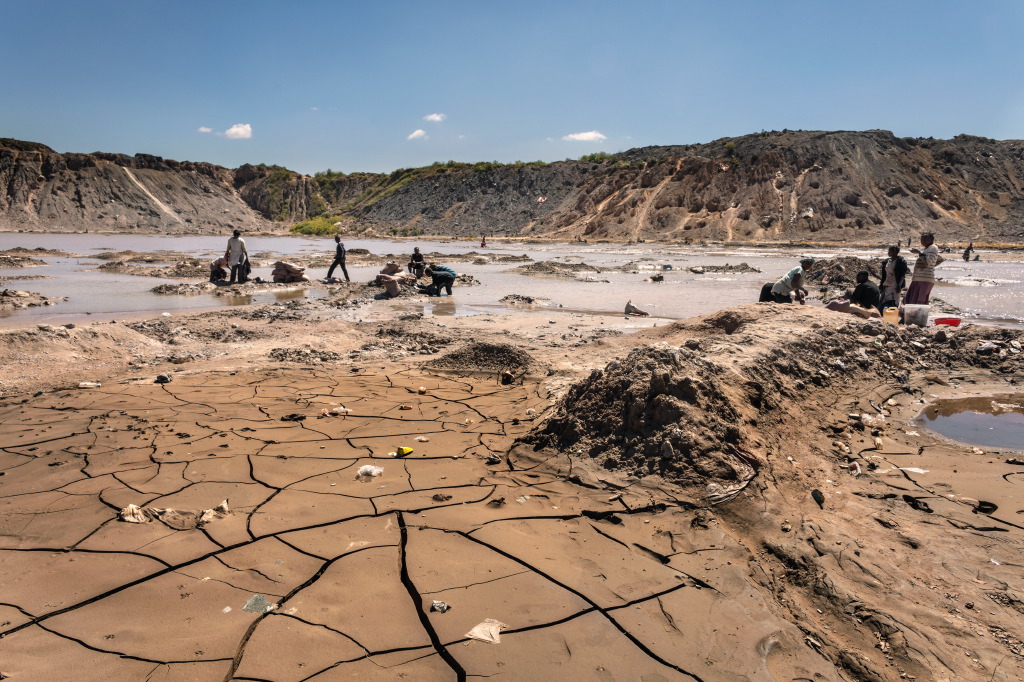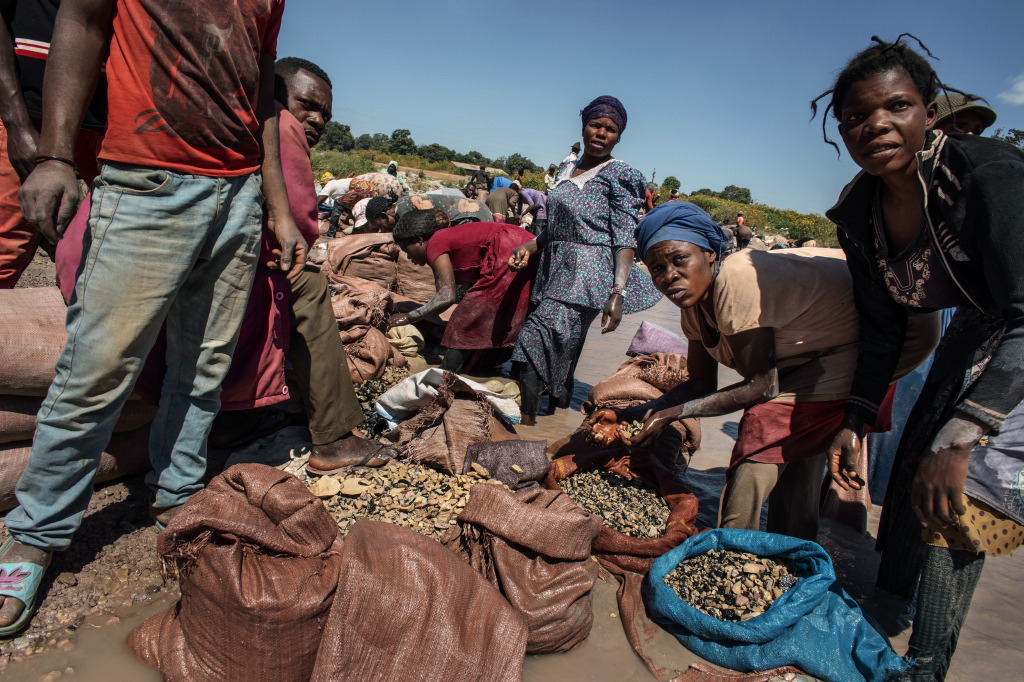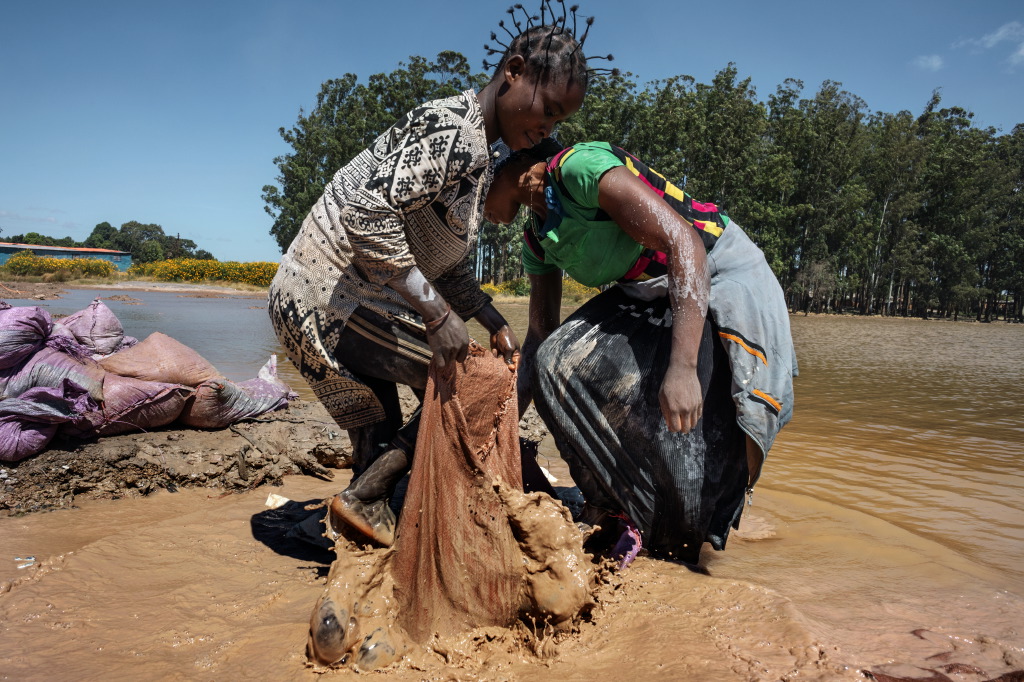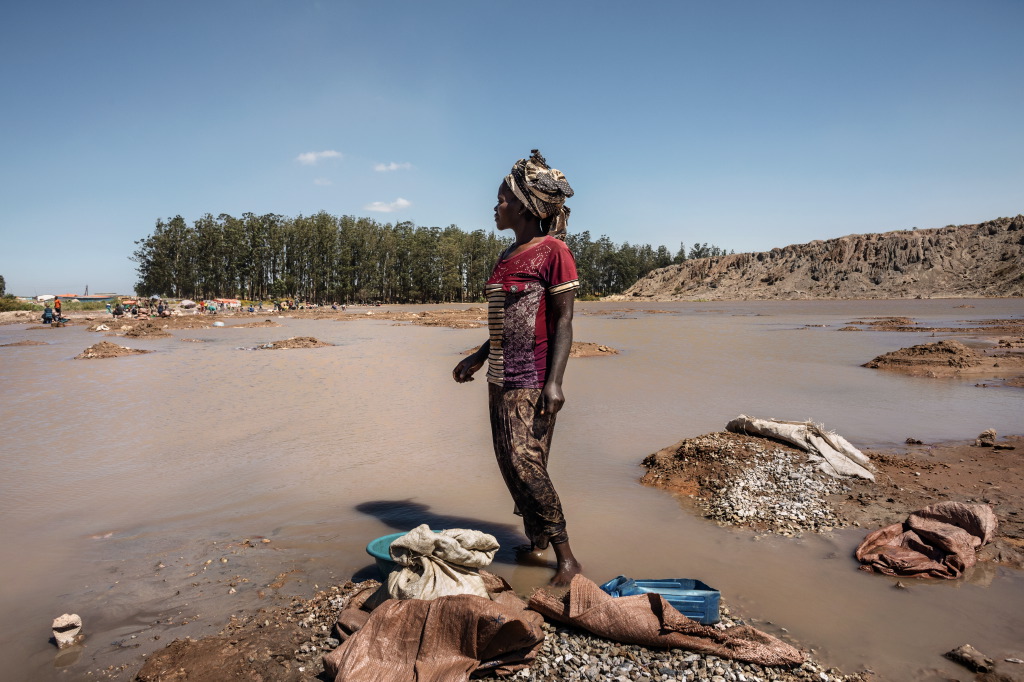X
A new form of colonialism is threatening the Democratic Republic of Congo (DRC), a country where the governor of the province of Katanga has made 14 million hectares of land available to foreign investors. More than half of the world’s cobalt is mined in the Katanga region, in Southeastern country. Cobalt and other strategic minerals, such as lithium and nickel, are present in the new rechargeable lithium ion batteries that power a new generation of electric cars, but also the smartphones, tablets and computers that we use every day. The cobalt mining industry uses heavy machinery and is mainly controlled by foreign companies. The recent “Cobalt blues” report from the “Center for Research on Multinational Corporations” (SOMO), https://www.somo.nl/cobalt-blues/ , describes how mining companies that extract cobalt are involved in land grabbing, in the cancellation of the livelihood of the local community and in violations of workers’ rights. Industry also causes significant environmental damage, including loss of biodiversity and deforestation, air pollution and contamination of water with toxic and radioactive elements, to the detriment of the local population. Men, women, girls and some 40,000 children in the southern Katanga region, are forced to live and work in the so-called “artisanal” mines in unsafe and unhealthy conditions. The photographic report is made in Kanina and Kabamba, remote mining communities on the outskirts of Kolwezi, in the very rich province of Lualaba, ex-Katanga. Here the model of economic and social exploitation produces conditions of inequality and underdevelopment.
Witness Image thanks the local NGO, Bon Pasteur, affiliated with the Good Shepherd International Foundation ONLUS, for logistical support, without which this photographic reportage would not have been possible. (text by Luca Catalano Gonzaga).
